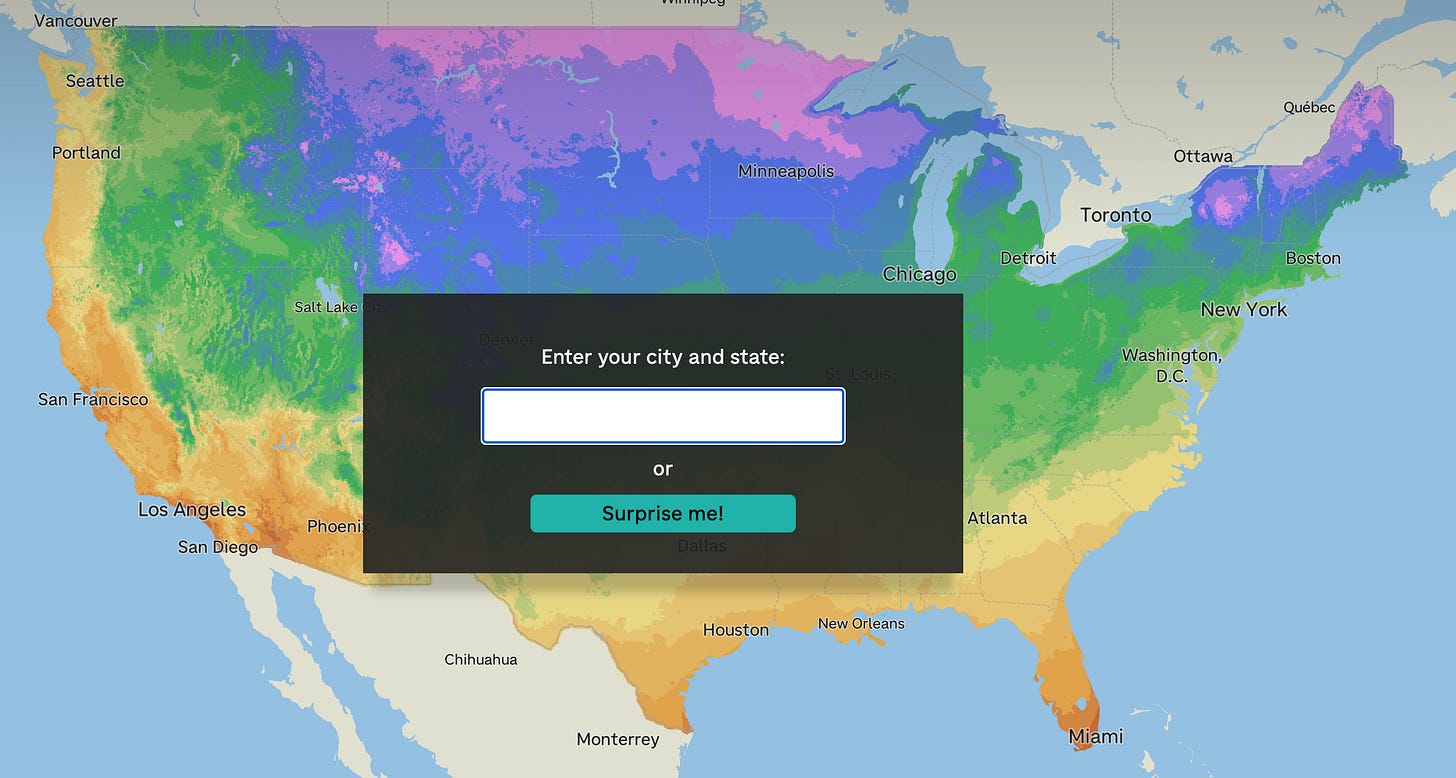The Not-So-Secret Cost of Being Superhuman: Elite Sport’s Problem with Disordered Eating
Plus, she worked in animal research. Now she’s blocked from commenting on it.
I had writing this newsletter on my to-do list for today, but my toddler was up with a fever all night (Happy Mother’s Day to me), so please forgive the lack of a top story. Here’s what I’m reading around the web.
What I’m reading
The Not-So-Secret Cost of Being Superhuman: Elite Sport’s Problem with Disordered Eating
By Megan Maurice for The Guardian
According to research cited by the International Olympic Committee in 2019, up to 19% of male and 45% of female athletes worldwide demonstrate disordered eating behaviours. While Lanning’s recent disclosure surprised many, she is far from the only athlete to have spoken out about these issues in recent years. From sprinter Jana Pittman, who revealed her own eating disorder had become wrapped up in achieving her sporting dreams, to swimmer Alicia Coutts, who called out routine body shaming in her sport, the list of athletes publicly confronting eating behaviours in sport has been steadily growing. Their revelations raise questions about unhealthy habits flourishing in an arena that many celebrate as the epitome of health.
The USDA’s Gardening Zones Shifted. This Map Shows You What’s Changed in Vivid Detail.
By Daniel Wood, Connie Hanzhang Jin, Brent Jones and Jeff Brady for NPR
She Worked in Animal Research. Now She’s Blocked from Commenting on It.
By Rachel Weiner for The Washington Post
For a long time, Madeline Krasno didn’t tell other animal rights advocates that she had worked in a monkey research lab as a college student. It had taken her years to understand her nightmares and fragmented memories as signs of post-traumatic stress disorder. And some activists could be vicious to former lab workers.
But four years after she graduated from the University of Wisconsin at Madison, Krasno started posting online about her experiences. Eventually, she started tagging the school in those posts and then commenting on its pages.
Many of those comments disappeared. As she would later learn, it was not a mistake or a glitch. Both the university and the National Institutes of Health were blocking her comments. Now with support from free speech and animal rights organizations, she is suing both institutions.





